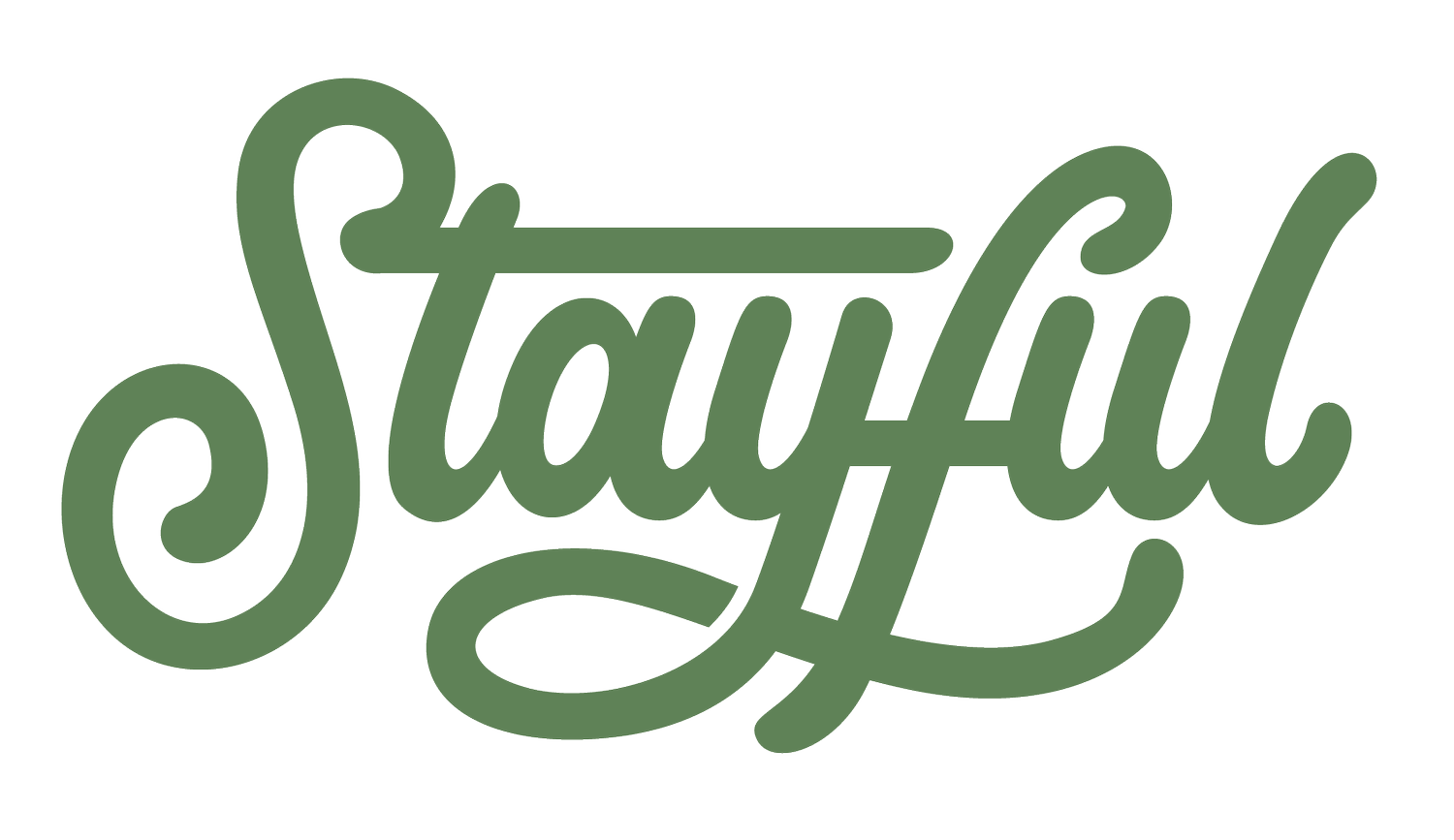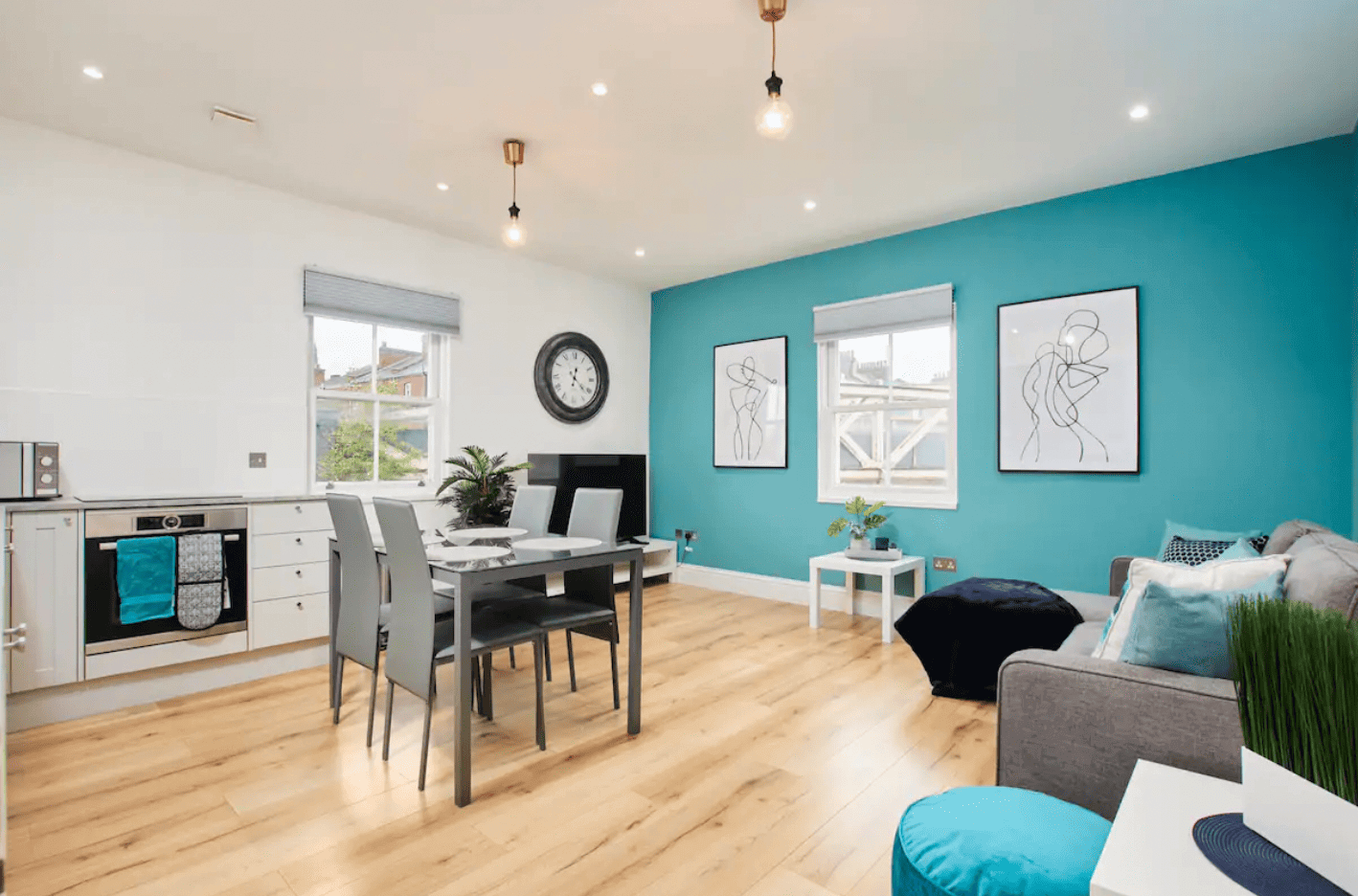Furnished Holiday Let Allowable Expenses A Guide to Holiday Lets & Tax-Deductible Allowable Costs
-
Definition of “allowable expenses.”
Common FHL allowable costs (cleaning, utilities, insurance, management fees, etc.)
Expenses that don’t qualify.
Practical examples of expense tracking.
-
What capital allowances are.
Examples: furniture, appliances, renovations.
The difference between repairs vs improvements.
How to claim capital allowances.
-
Overview of upcoming government changes to FHL rules.
Potential impacts on income tax, mortgage interest relief, and CGT.
What property owners should prepare for in 2025.

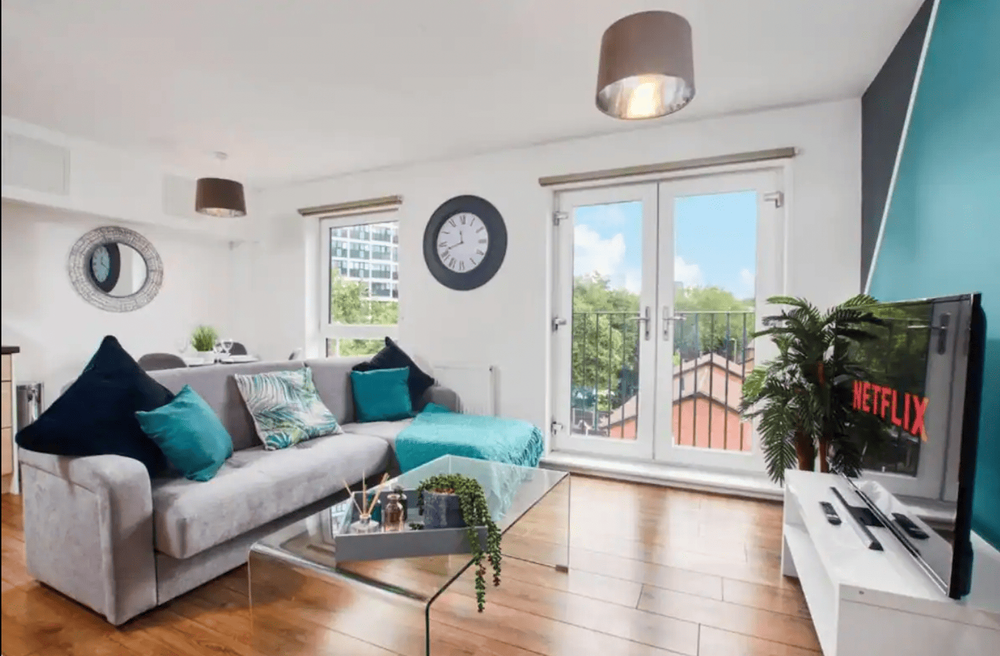
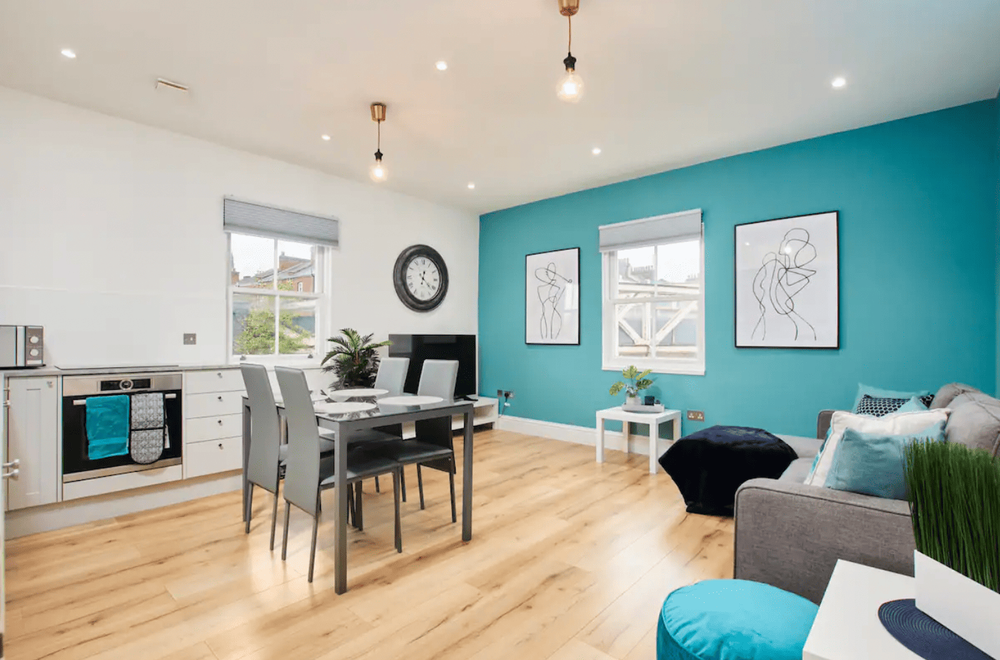

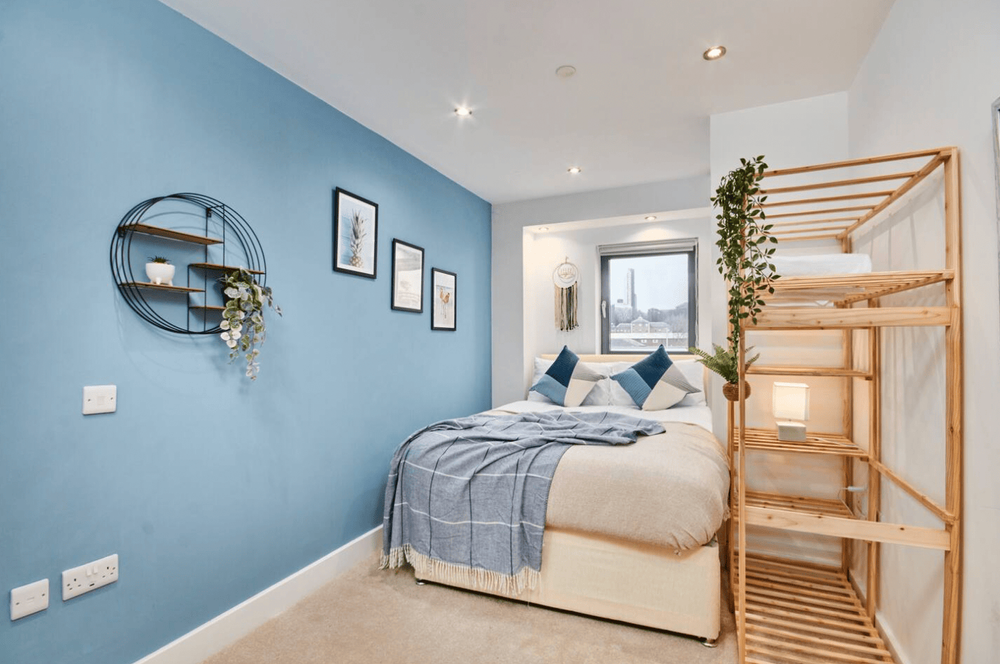


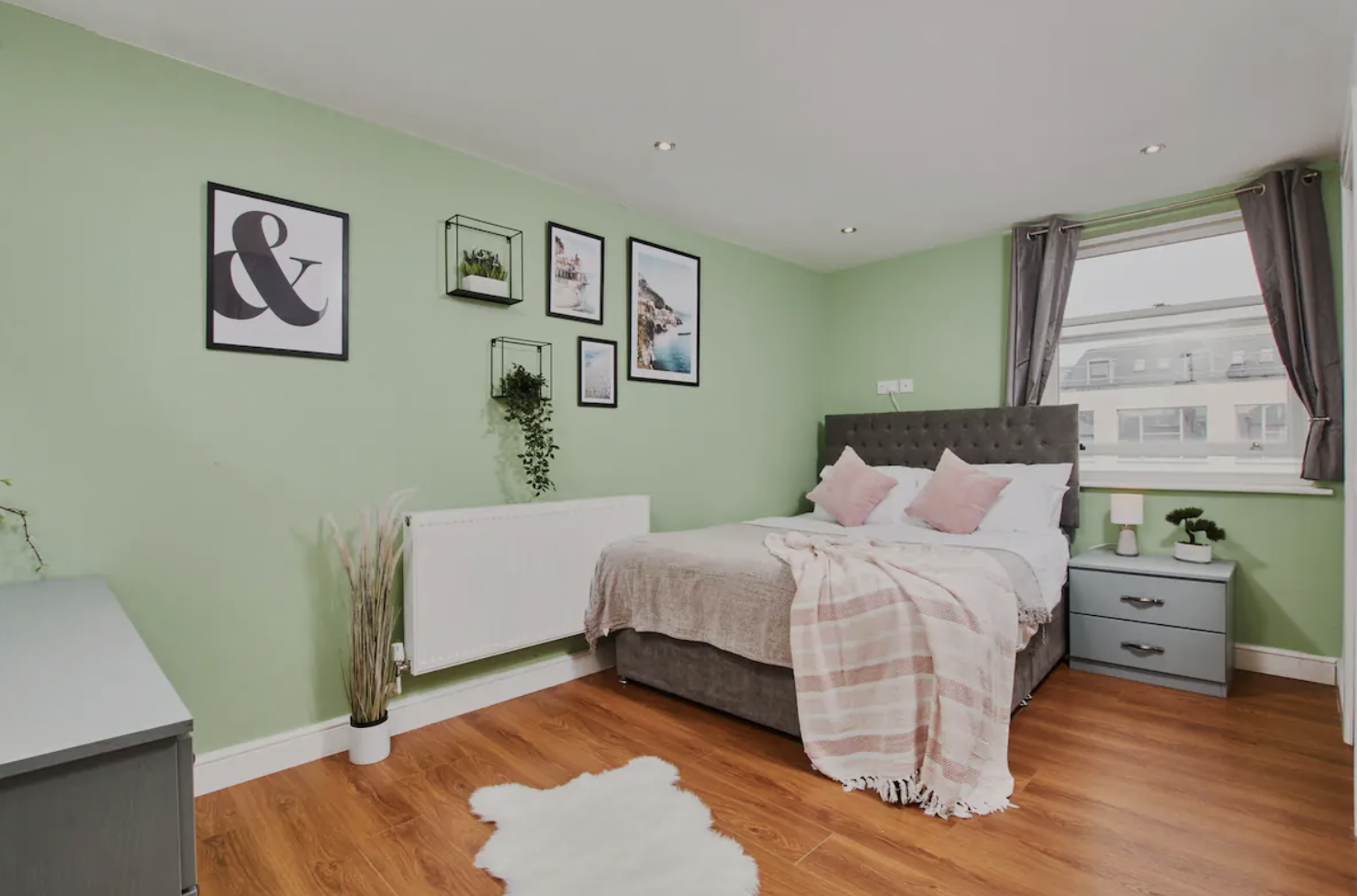
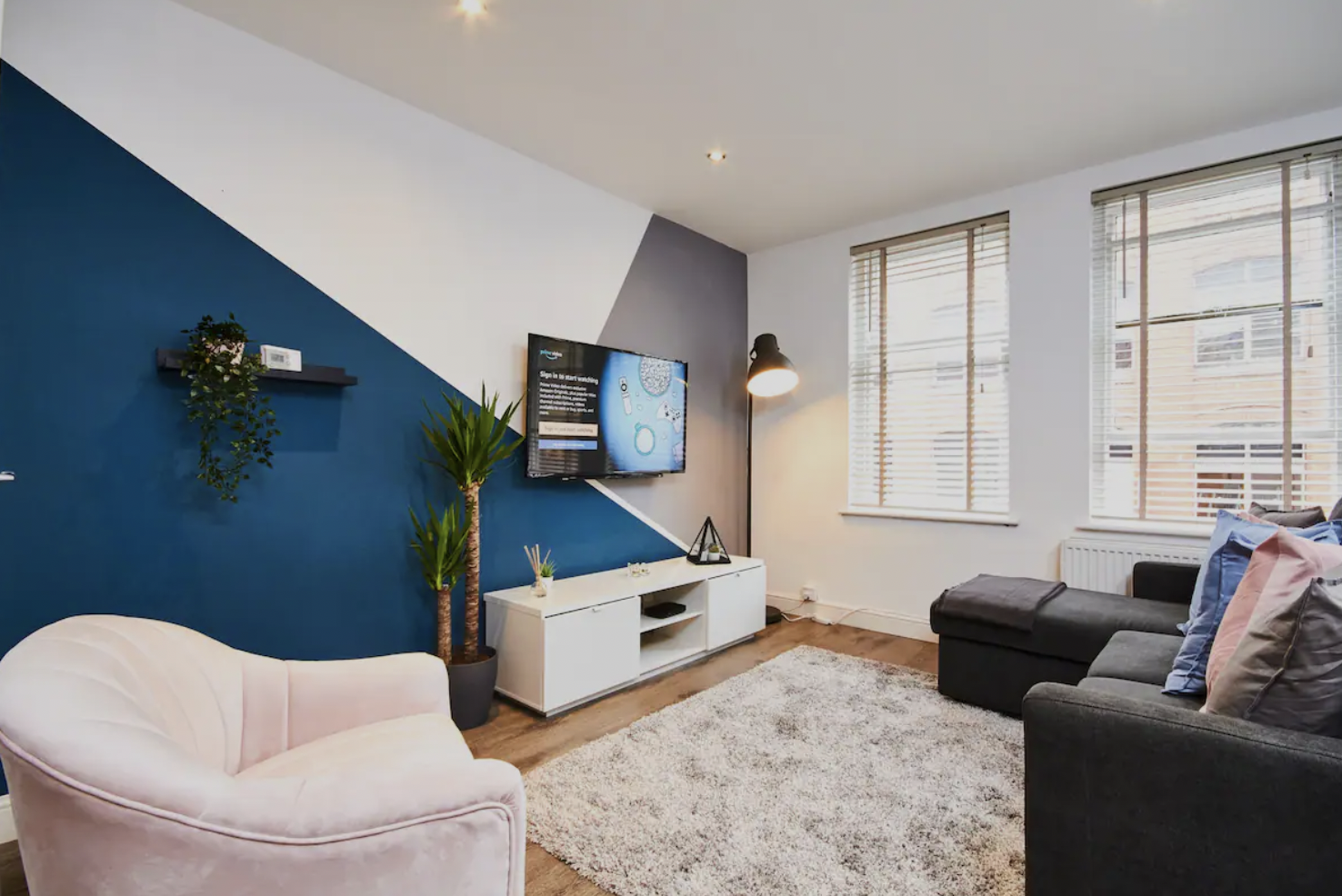
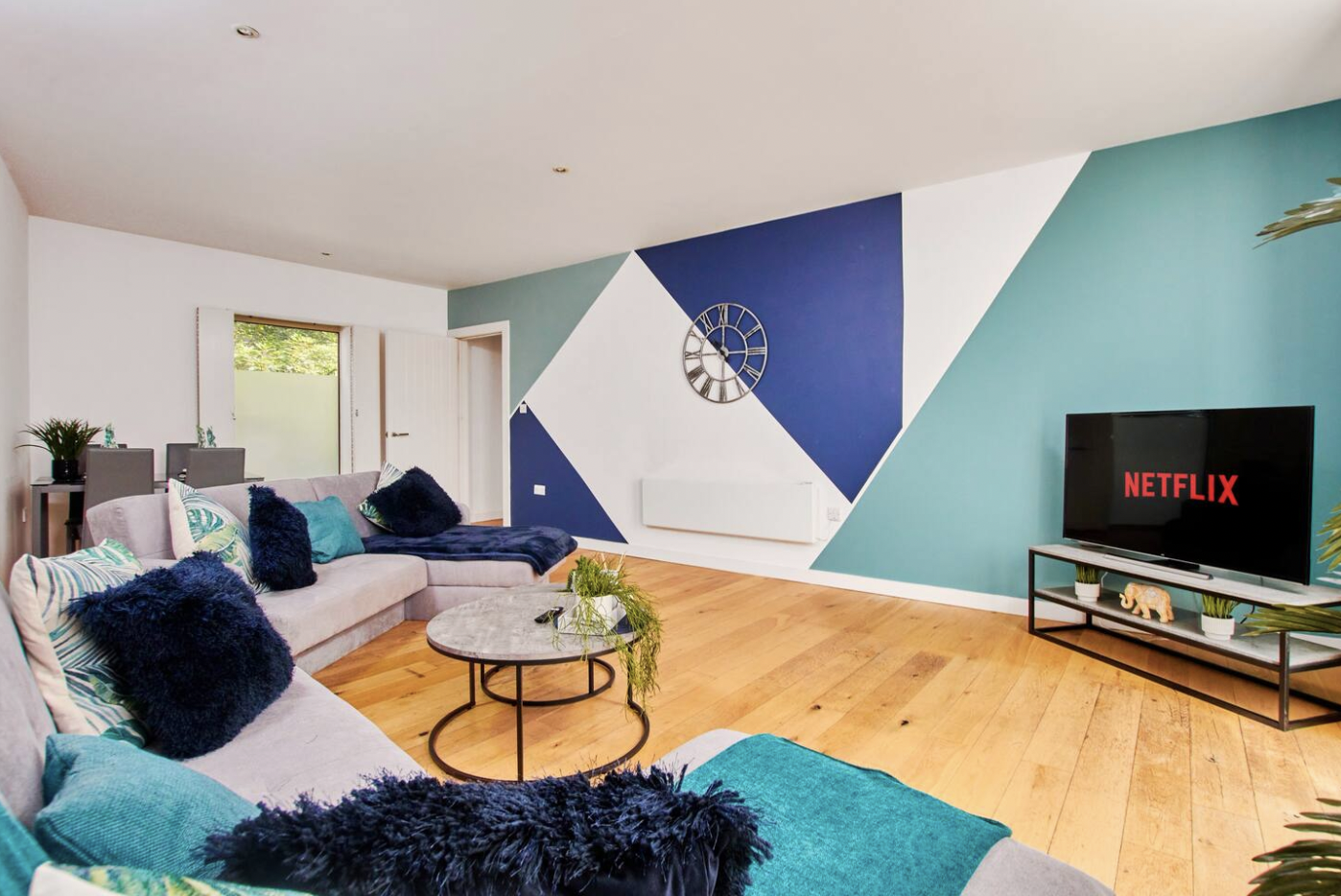
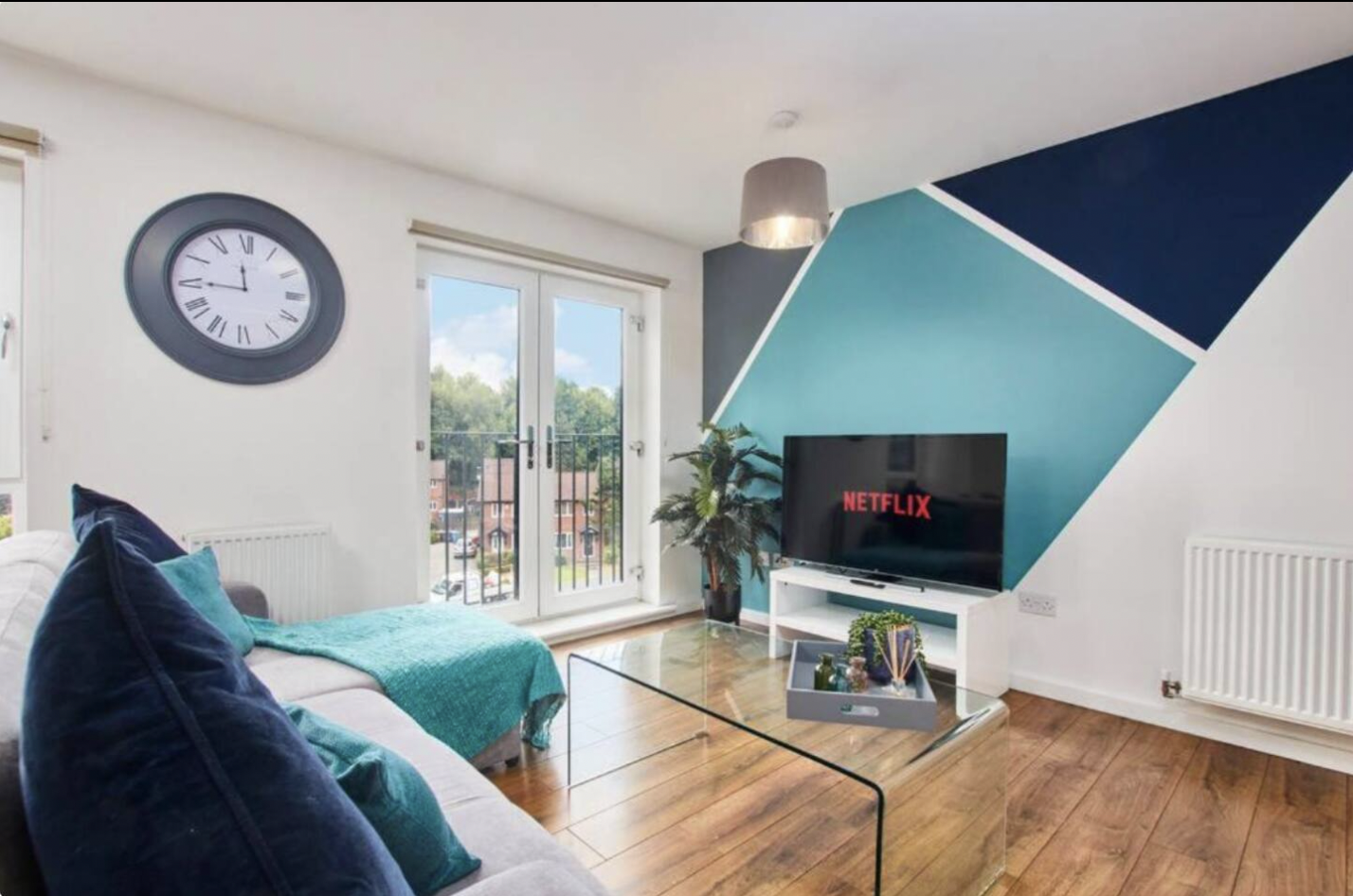
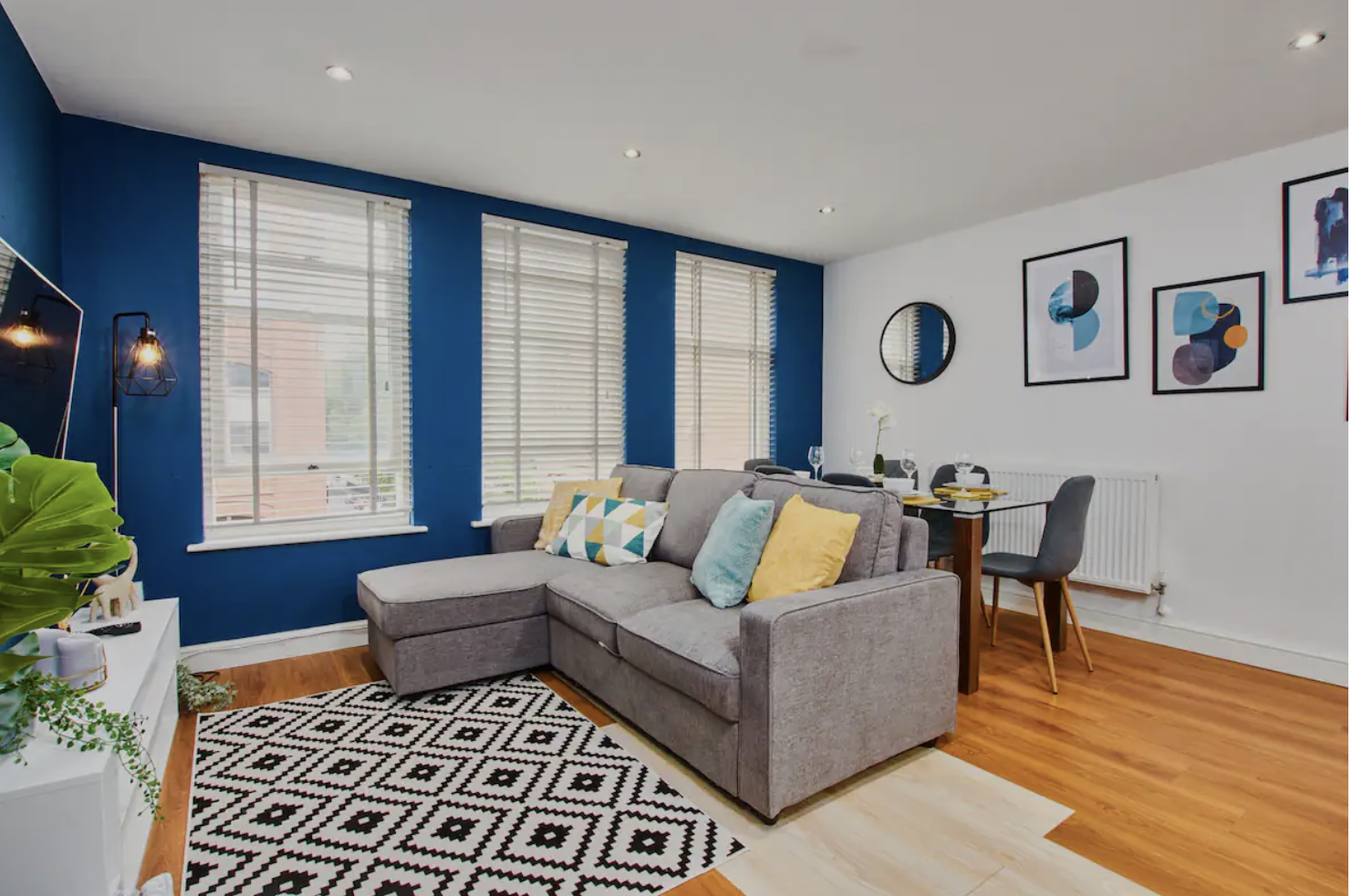
What Are Furnished holiday let Tax Deductible Expenses ?
Allowable expenses are costs that you can deduct from your rental income before calculating how much tax you owe. Essentially, they are ordinary and necessary costs of running your FHL business. HMRC requires these expenses to be directly related to letting the property.
Tip: Keep all receipts, invoices, and bank statements for your FHL. Accurate records make claiming expenses much easier and reduce the risk of problems during a tax inspection.
Common Allowable Expenses for Furnished Holiday Lets
Here’s a practical breakdown of expenses most FHL owners can claim:
Property Management Fees - If you hire a management company to handle bookings, cleaning, or guest communication, these fees are fully deductible. Using services like Stayful can streamline operations while remaining tax-efficient.
Cleaning and Laundry Costs,
Utilities,
Insurance,
Repairs and Maintenance,
Advertising and Marketing,
Accounting and Legal Fees,
Travel and Transport,
Expenses You Can’t Claim
Some costs are not allowable, including:
Personal expenses unrelated to the property,
Capital improvements (these may qualify for capital allowances,)
Fines or penalties,
Non-business entertainment costs,
Pro Tip: Keep personal and business finances separate. A dedicated bank account for your FHL makes expense tracking much simpler.
Practical Example for more information when furnished holiday letting
Let’s say you run a 3-bedroom FHL in Bristol:
Cleaning: £1,500/year,
Utilities: £2,000/year,
Management fees: £2,500/year,
Insurance: £600/year,
Repairs: £900/year,
Total allowable expenses: £7,500. If your property earned £25,000 in rental income, your taxable profit would be £17,500. That’s a significant reduction!
Capital allowances
With a clear understanding of allowable expenses, the next important area is capital allowances, which allow you to deduct costs for furniture, appliances, and other long-term assets. That’s what we’ll cover in Capital Allowances for Furnished Holiday Lets.
What Are Capital Allowances?
Capital allowances allow you to deduct the cost of certain assets from your taxable profits. These aren’t everyday running costs like cleaning or utilities, but investments in the property that have a useful life of more than a year.
Examples include:
Furniture and furnishings (beds, sofas, dining tables)
Appliances (fridge, washing machine, dishwasher)
Carpets and curtains
Kitchenware and cutlery for guest use
Tip: If you replace an old item, you may be able to claim the cost of the new item as a capital allowance.
Repairs vs Improvements
A key point when claiming capital allowances is distinguishing repairs from improvements:
Repairs: Maintaining the property in its current condition (e.g., fixing a leaking tap, repainting walls). These are allowable expenses, not capital allowances.
Improvements: Upgrades or additions that enhance the property’s value (e.g., installing a new kitchen, adding a conservatory). These can sometimes qualify for capital allowances, but rules are stricter.
Keeping clear records of what you buy, when, and why, is essential for HMRC compliance.
Claiming Capital Allowances
Here’s how you can claim capital allowances for your FHL:
Identify qualifying assets – Only items used wholly and exclusively for the holiday let can be claimed.
Keep receipts and invoices – You must prove the purchase and its purpose.
Use the appropriate scheme – Most FHL owners can use the annual investment allowance (AIA) for small items, or the writing down allowance for larger assets.
Record depreciation and disposal – If you sell or replace an item, adjust your records accordingly.
Pro Tip: Software or apps designed for property accounting, or working with a management service like Stayful, can make tracking capital allowances much simpler.
Practical Example for tax
Imagine you bought the following for your FHL:
Sofa and chairs: £2,000
Beds and mattresses: £3,000
Kitchen appliances: £2,500
Curtains and carpets: £1,000
Total capital allowances: £8,500. You can deduct this from your taxable profit alongside your regular allowable expenses, further reducing your holiday letting tax bill.
Why Capital Allowances Matter
Capital allowances can be particularly valuable for new furnished holiday let, where upfront investment in furniture and appliances can be substantial. Claiming these allowances ensures you aren’t paying unnecessary tax on profits that are offset by your investments.
Learn more about setting up a holiday let efficiently and maximising tax benefits at Stayful.
Furnished Holiday let tax changes
With a clear understanding of both allowable expenses and capital allowances, it’s important to stay informed about the property tax changes and tax allowances that could affect your FHL or holiday home. That’s what we’ll cover in the Furnished Holiday Letting Tax Changes.
Furnished Holiday Let Tax Changes
If you’re running a Furnished Holiday Letting (FHL) company, it’s important to stay on top of tax rules, especially with upcoming changes that could affect your profits. Understanding these adjustments now will help you plan your finances and ensure you remain compliant, as well as deciding your prices when letting your property in this way.
Overview of 2025 FHL Tax Changes
The UK government has introduced several measures and information affecting short-term rental owners and landlords tax as well as capital allowances. Key points to note include:
Mortgage Interest Relief Changes
Interest on loans for furnished holiday let properties is still deductible, but recent adjustments may alter how much can be offset against taxable profits.
For high-value properties, some limitations on relief may apply, particularly for properties with mixed personal and business use.
Capital Gains Tax (CGT) Implications
Selling an FHL may trigger Capital Gains Tax. However, furnished holiday lets are often treated more favourably than standard buy-to-let properties due to Business Asset Disposal Relief eligibility if you’ve owned the property long-term.
Planning ahead is essential to maximise relief and reduce potential CGT liabilities.
Income Tax Thresholds and Allowances
Thresholds for taxable rental income may shift slightly in a furnished holiday let.
Allowable expenses and capital allowances remain deductible with a furnished holiday let property, but it’s wise to double-check limits for new asset purchases in 2025.
VAT Considerations
Most furnished holiday let properties are below the VAT registration threshold, but if you exceed this (through multiple properties or additional services), VAT may need to be charged.
Pro Tip: Always separate personal and business finances. It not only helps with expense tracking but ensures that tax changes are easier to implement without complications.
Preparing Your Furnished Holiday Let
Here are practical steps to stay ahead and to qualify for this tax year:
Review your current allowable expenses and capital allowances – Make sure all receipts, invoices, and records are up to date for this tax year.
Plan property improvements carefully – Capital allowances can offset some costs, but timing purchases strategically in 2025 could maximise tax benefits for your furnished holiday let.
Consider professional advice – Accountants familiar with furnished holiday lets or cottage rules can guide you through changes this tax year. Services like Stayful can also help manage your finances efficiently.







Estimate your Airbnb income with our services
Our process in estimating your Holiday lets income is simple and effective.
Analyse Airbnb competition
This Holiday lets estimator analysis will take 12 long term rental properties returns that are nearby of a similar size using Airbnb data and create an average of those 12.
You will also be able to see total revenue of those close by properties as well as:
Occupancy rate.
Nightly rate.
Available nights.
Monthly & annual forecast
Now Airbnb is a seasonal business and income is always going to change month by month.
This analysis data is going to help us find the good and bad months so we can best prepare for what lyes ahead in the Airbnb market as it changes.
Property Breakdown
Then we go a step further.
Now we have the Airbnb income analysis data, we can enter our costs data and expenses to get an idea of the profit required.
If you are unsure of what costs or data to add here is a guide:
Booking fee = 15%.
Management fee = 18%.
Cleaning costs = 18% of the revenue.
These are standard costs to pay for any guest staying and covers everything you need from supplies & linen all the way through to guest communication, maintenance and pricing.
Now you can take the estimated revenue then deduct some costs to see the Airbnb profit calculator come to life using as much data as you can inputted into it.
See Our Case Studies
At Stayful, we go beyond estimates
we provide a detailed, data-driven analysis of your property's earning potential on Airbnb.
Using advanced software
We check how your property compares to others and show you how to earn more with Airbnb and our service.
See real examples where we've not only met but exceeded our rental income projections. Let the numbers speak for themselves.
Complete Holiday Let Management
-
-
We will deal with all guest communication for your airbnb in Coventry so you do not have to.
-
We will manage the seasonality using our experience of the airbnb market in Coventry and make sure you can always get the best rates for your property.
-
We have experienced, reliable, proven cleaners in Coventry who we have a great relationship with giving you access to quality cleaners through our airbnb management
-
We use our expertise when dealing with all the major booking platforms in order to maximise your reach in Coventry.
-
Our airbnb management team in Coventry also can deal with any maintenance issues in your property no matter how big or small
-
It is important that your property does not cause a negative impact on the local community and that guests look after your property. This is why we thoroughly vet each booking and have maintained a great track record when it comes to guest damages and disturbance.
-
We hold ourselves accountable through reviews and have a great track record in the Coventry area so you can be sure that your property will be well reviewed.
-
Install smoke detectors, carbon monoxide detectors, and fire extinguishers. Provide clear emergency instructions, secure access with locks or keyless entry systems, and maintain the property to prevent hazards. Or, you can have a holiday let management service like Stayful Holiday Let Management do it all for you.
For more info click here.
-
Consult a tax professional to understand local tax and regulatory requirements. Keep accurate records of income and expenses, and file taxes according to local laws. Consider hiring a financial advisor or accountant for assistance. Our specialist holiday let management service deals with these details so that you don’t have to.
For more info click here
-
Consult legal professionals to understand local regulations and compliance requirements. Obtain necessary permits, licenses, and insurance, and follow local laws for taxation, health and safety, and noise restrictions. Or, you can have a holiday let management service like Stayful Holiday Let Management do it all for you.
For more info click here.
-
Research local market rates, consider seasonal demand, and analyse competitor pricing. Adjust rates based on factors like location, amenities, and property size. Use dynamic pricing tools to optimise your pricing strategy. Or, you can have a holiday let management service like Stayful Holiday Let Management do it all for you.
For more info click here.
-
Establish Clear Communication.
Clear communication is key to a seamless check-in and check-out process at your holiday let property. Before your guests arrive, provide them with detailed information about:
Check-in and check-out times.
Directions to your property.
Parking arrangements.
Key collection or keyless entry instructions.
Contact information for any queries or emergencies.
Consider creating a comprehensive welcome guide that includes all the necessary information, and send it to your guests via email a few days before their arrival. This will help manage expectations and reduce the likelihood of confusion or misunderstandings.
For more info click here.
-
Normally you will make more revenue the bigger your property is and the more central your property is to high footfall locations.
For example a 4 bed house in York 10 mins walk away from the city centre could produce as much as £50,000 per annum which is huge!
But if you have a 1 bed flat in Bradford, then you will struggle to make £15,000 per annum on that property.
But revenue does not always mean money in your pocket, the costs on running a 4 bed house will be much greater then operating a 1 bedroom flat so you do not need to make as much money, this is where using free tools like what i have below comes in useful or you can get in touch with a Holiday Let Management company who can work with you on if your property is worth it.
For more info click here.
-
Obtain appropriate insurance coverage, including property, liability, and contents insurance. Consult an insurance specialist to ensure you have the right protection for your specific property and hosting activities. Talk to a holiday let management service like Stayful Holiday Let Management to learn more.
For more info click here.
-
Charges - Management companies charge between 12%-20% for management, some may charge some extra fees and some may not, to get an accurate price reach out to one directly.
Services - Often this can come with a completely hands off approach, the company will deal with maximising rates, occupancy, guest communication, reviews, cleaners, maintenance, listing optimisation, disputes and more.
Responsibility of the owner - Once a manager is hired, really the only responsibilities that the owner has is making sure that the property continues to have a supply of electric, WIFI, Gas, Water, council tax & to make sure the property has permission to be on Airbnb.
For more info click here.
-
Create an emergency response plan, including procedures for natural disasters, medical emergencies, or property damage. Ensure guests have access to emergency contact information and provide assistance as needed. Or, you can have a holiday let management service like Stayful Holiday Let Management do it all for you.
For more info click here.
-
Use multiple platforms, including booking websites, social media, and local partnerships, to promote your holiday let. Create compelling listings with high-quality photos and engaging descriptions. Encourage positive guest reviews to improve visibility. Or, you can have a holiday let management service like Stayful Holiday Let Management do it all for you.
For more info click here.
Holiday Let FAQ
-
Respond professionally to complaints, addressing any valid concerns and outlining steps taken to resolve issues. Learn from feedback and implement improvements to prevent future problems. Encourage satisfied guests to leave positive reviews. Our specialist holiday let management service deals with these details so that you don’t have to.
For more info click here.
-
Respond promptly to maintenance requests, have a network of reliable contractors, and fix issues as quickly as possible. Communicate with guests about the situation and offer compensation or alternatives if necessary. Our specialist holiday let management service deals with these details so that you don’t have to.
For more info click here.
-
Follow data protection regulations, such as GDPR or other local laws, to protect guest information. Store personal data securely, limit access to authorised individuals, and obtain guest consent for marketing or promotional purposes. Or, you can have a holiday let management service like Stayful Holiday Let Management do it all for you.
For more info click here.
-
Use high-quality photos, compelling descriptions, and competitive pricing. Offer unique amenities or experiences, and maintain excellent guest reviews. Promote your property through various channels, including social media, websites, and local partnerships. Talk to a holiday let management service like Stayful Holiday Let management.
For more info click here.
-
Establish a clear cancellation policy, including deadlines, fees, and refunds. Communicate the policy to guests, and handle changes or cancellations according to the agreed-upon terms. Use booking platforms or software to manage cancellations and rebooking. Our specialist holiday let management service deals with these details so that you don’t have to.
For more info click here.
-
Managing bookings and payments is a crucial aspect of running a successful holiday let. It involves establishing clear policies, using secure payment methods, and ensuring a smooth booking process for your guests. Here are some strategies for effectively handling bookings and payments for your holiday let:
For more info click here.
-
Maximise bookings by adjusting prices, offering flexible booking options, and promoting your property on various platforms. Prepare for high demand by ensuring adequate cleaning and maintenance schedules and managing booking calendars effectively. Talk to a holiday let management service like Stayful Holiday Let Management
For more info click here.
-
Establish a clear policy for group bookings, including maximum occupancy, additional fees, and house rules. Ensure your property is suitable for large groups and provide necessary amenities. Communicate expectations clearly to guests. Talk to a holiday let management service like Stayful Holiday Let Management.
For more info click here.
-
Set transparent fees for additional services or requirements, such as cleaning, pet accommodations, or extra guests. Include these fees in your listing and booking platform and communicate them to guests in advance. Or, you can have a holiday let management service like Stayful Holiday Let management do it all for you.
For more info click here.
-
Hire a professional cleaning service or create a thorough cleaning routine. Schedule regular deep cleanings, and maintain a checklist for each cleaning session. Replace worn or damaged items and perform regular maintenance. Our specialist holiday let management service deals with these details so that you don’t have to.
For more info click here.
Some Areas We Cover for Holiday let Management
All Area’s We Cover
-
-
Nottingham
Coventry
Leamington Spa
Sheffield
Peterborough
Stoke On Trent
Warwick
-
London
Bristol
Reading
Milton Keynes
Perranporth
